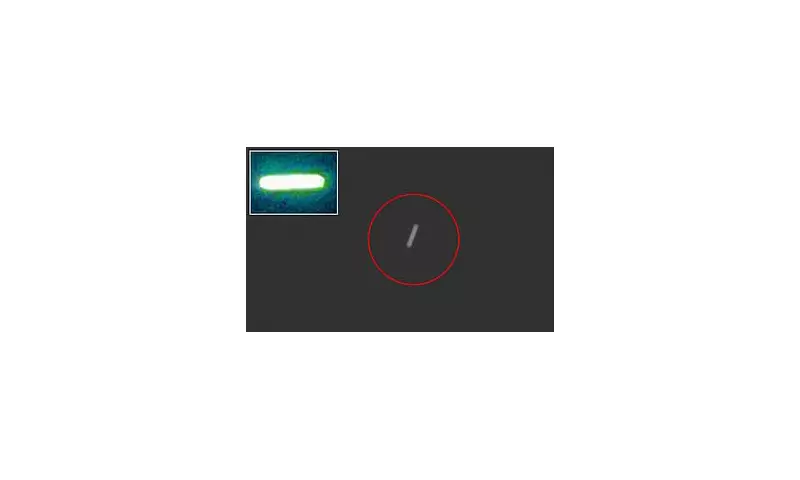
In a revelation that reads like science fiction, astronomers have confirmed Earth has been hosting an uninvited cosmic guest - the first-known 'Trojan' asteroid to share our planet's orbit around the Sun.
The Celestial Hitchhiker
Designated 2023 FW13, this mysterious companion has been quietly trailing Earth's orbital path in a delicate gravitational dance. Unlike our familiar Moon, this asteroid follows a complex horseshoe-shaped orbit that keeps it perpetually near our planet without ever getting too close.
"This isn't just another near-Earth object," explains Dr Martin Connors, an astronomer at Athabasca University. "We've discovered what appears to be Earth's first genuine Trojan companion - a cosmic stowaway that's been riding our orbital wake for potentially thousands of years."
Interstellar Origins or Alien Technology?
The discovery has reignited debates about mysterious objects passing through our solar system. Some scientists, including Harvard's controversial astronomer Avi Loeb, suggest such unusual celestial bodies could be more than just space rocks.
"When we encounter objects with anomalous properties or unusual orbits, we must consider all possibilities," Professor Loeb told reporters. "The peculiar stability of 2023 FW13's orbit raises fascinating questions about its origins and composition."
A Cosmic Balancing Act
What makes this discovery particularly remarkable is the asteroid's extraordinary orbital stability. Current calculations suggest 2023 FW13 has maintained its position relative to Earth for at least 4,000 years and will likely continue its silent companionship for another 4,000 years to come.
- Orbital Partners: Trojan asteroids are known to orbit near Jupiter and other planets, but finding one sharing Earth's path is unprecedented
- Perfect Positioning: The asteroid occupies a stable Lagrange point where gravitational forces create an orbital parking spot
- Ancient Companion: Evidence suggests this cosmic relationship has persisted for millennia
The Search for Answers Continues
While most astronomers maintain 2023 FW13 is a natural object, its discovery comes amid growing scientific interest in anomalous space phenomena. The scientific community remains divided on how to interpret such unusual celestial visitors.
"Whether it's natural rock or something more exotic, this discovery opens new chapters in our understanding of Earth's immediate cosmic neighbourhood," said Dr Connors. "We're only beginning to understand the complexity of objects sharing our journey around the Sun."
As observation continues, researchers hope to unravel more secrets about our planet's silent orbital companion and what it might reveal about the dynamics of our solar system - and potentially beyond.




